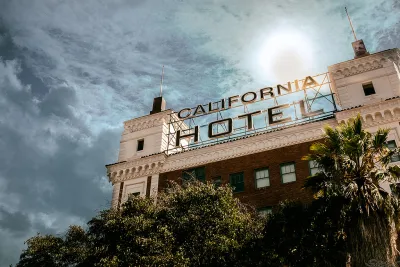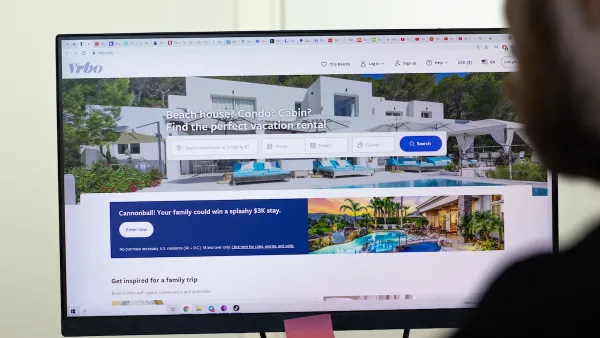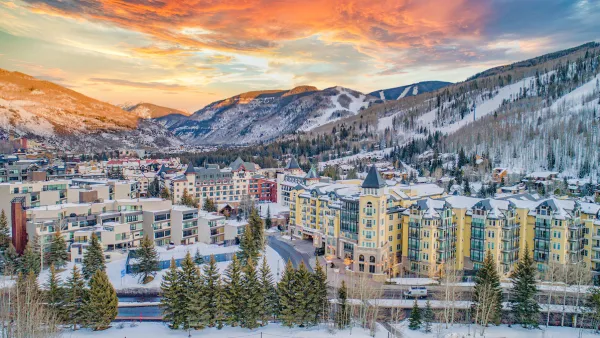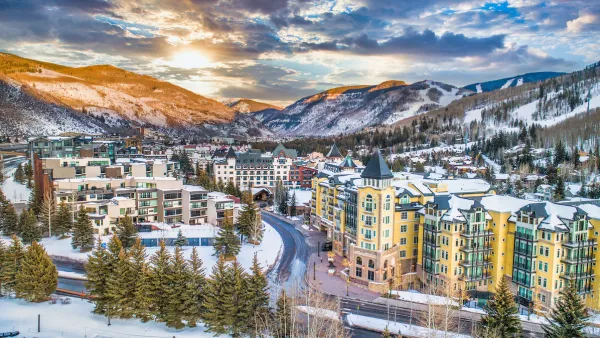The battles in New York and San Francisco have cities like Sacramento preparing for the growth of the home-sharing economy.

As Allen Young reports, the growing popularity of Airbnb in destination cities has "pitted landlords and other online home-sharing services against hotel unions, housing advocates and community groups." Anticipating a crackdown across the state, Airbnb reportedly approached Sacramento about reconsidering the legal terms surrounding short-term housing rentals. As in most cities, it is currently illegal in Sacramento to provide short-term lodging without a permit and without paying the same transient-occupancy taxes that conventional hotels pay. There are currently approximately 170 properties listed within the city, and more are expected as the sharing economy grows in popularity.
City officials first began considering writing rules around Airbnb use after the San Francisco-based company approached Sacramento to help legitimize its service," Young reports. The city's proposed cap on nightly stays was initially 30 days per year, relatively strict compared to cities like San Francisco and San Jose, with 90-day and 180-day caps, respectively. The purpose of a cap is to prevent landlords and homeowners from operating full-time hotels. Supporters of a cap argue that the proliferation of Airbnb rentals is reducing the availability of affordable housing in cities that are already struggling with soaring housing costs.
The proposal would likely include a transient-occupancy tax. Supporters argue that short-term renters should be required to pay the same taxes as other visitors who stay in hotels. According to their website, Airbnb collects local hotel taxes from renters in a limited number of cities that require it. In California, these include Oakland, San Francisco, Malibu, Palo Alto, San Diego, and San Jose. The local hotel tax in Sacramento is currently 12 percent.
FULL STORY: How Sacramento’s Airbnb proposal stacks up against other cities

Analysis: Cybertruck Fatality Rate Far Exceeds That of Ford Pinto
The Tesla Cybertruck was recalled seven times last year.

National Parks Layoffs Will Cause Communities to Lose Billions
Thousands of essential park workers were laid off this week, just before the busy spring break season.

Retro-silient?: America’s First “Eco-burb,” The Woodlands Turns 50
A master-planned community north of Houston offers lessons on green infrastructure and resilient design, but falls short of its founder’s lofty affordability and walkability goals.

Test News Post 1
This is a summary

Analysis: Cybertruck Fatality Rate Far Exceeds That of Ford Pinto
The Tesla Cybertruck was recalled seven times last year.

Test News Headline 46
Test for the image on the front page.
Urban Design for Planners 1: Software Tools
This six-course series explores essential urban design concepts using open source software and equips planners with the tools they need to participate fully in the urban design process.
Planning for Universal Design
Learn the tools for implementing Universal Design in planning regulations.
EMC Planning Group, Inc.
Planetizen
Planetizen
Mpact (formerly Rail~Volution)
Great Falls Development Authority, Inc.
HUDs Office of Policy Development and Research
NYU Wagner Graduate School of Public Service




























